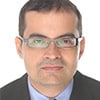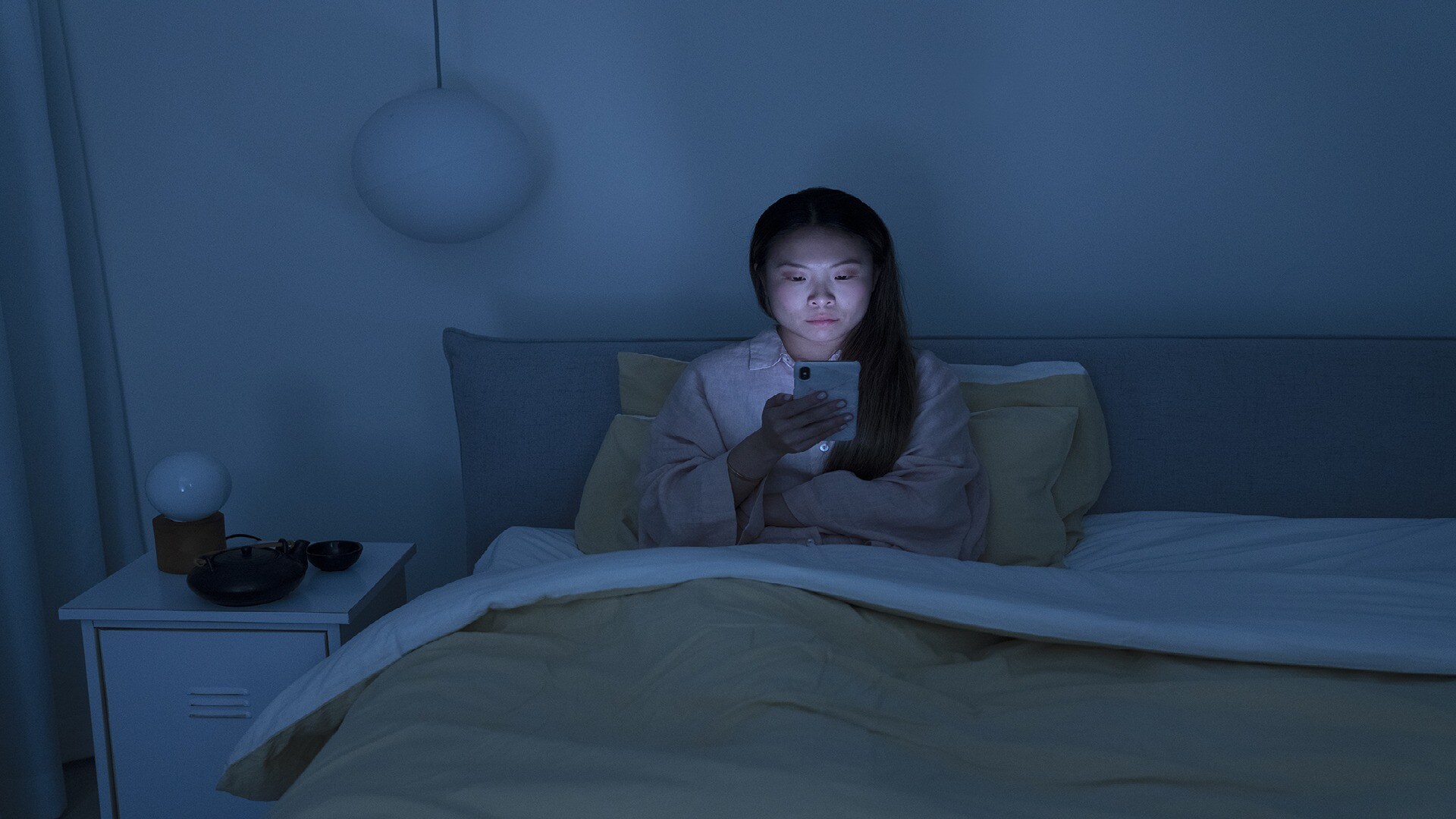Mar 13, 2020
Less than half of Australians satisfied with their sleep
Sydney, Australia Sydney, Australia – A recent study, commissioned by Royal Philips (NYSE: PHG; AEX: PHIA) released in conjunction with World Sleep Day (13 March), revealed that only 45% of Australian adults are satisfied with their sleep. More than one third of them (38%) are dissatisfied with their sleep yet are failing to take control or change their habits to improve it. Most Australians understand that sleep is an important contributor to their physical (88%) and mental (89%) well-being and report being less productive after sleeping poorly (almost 80%). Those who are currently tracking or monitoring their sleep have not done anything to change or improve their sleep. Sleep helps the body redistribute energy resources that are primarily used for brain and muscle work to the immune system1. Clocking in at least seven hours of good night’s sleep on a regular schedule can reduce stress levels and improve overall well-being2.
What is keeping Australia up at night? Factors putting quality sleep at risk stem from both social and technology distractions with more than half (55%) of Australian adults waking 1-2 times during the night, and 34% typically wake up at least 3 times during the night. Worryingly almost one third (27%) of Aussies surveyed said that stress inhibited their ability to sleep and almost 4 out of 10 (38%) Australian adults with a partner or spouse report they sometimes sleep separately to improve their sleep. When it comes to those who are trying to improve their sleep, watching TV is the most common tactic (33%), followed by reducing caffeine consumption (31%). Interestingly only 27% of Australian adults who suffer from obstructive sleep apnoea (OSA) use therapy for the condition. “OSA is a condition that impacts the quality of life for patients and may limit their freedom to participate in everyday activities,” said Sleep Expert Olivia Arezzolo. “It is common for people to not realise that their disrupted sleep is due to a medical condition, such as OSA. To see if your snoring is something more, there are some simple measures you can take such as doing the Philips sleep apnoea symptoms quiz,” she added.
What is sleep apnoea? Not all sleep deficit causes are external. Some are out of a person’s control, such as sleep apnoea, in which a person stops breathing repeatedly during sleep. Symptoms of the condition include loud and persistent snoring, witnessed pauses in breathing and/or choking or gasping for air. Symptoms can also present as well as early morning headaches, excessive daytime fatigue and depression or irritability. Sleep apnoea affects 5-10% of adults in Australia, although the number is difficult to quantify as about 80% of Australians affected by sleep apnoea are undiagnosed3. 39% of Aussie adults with sleep apnoea found out they had the condition because their partner noticed they stopped breathing at night. Once correctly diagnosed, sufferers and partners alike can sleep better thanks to a continuous positive airway pressure (CPAP) machine. More than half (54%) of Australian adults with a partner/spouse who use CPAP feel they disturb them less frequently when they use their CPAP. More than two thirds (67%) of Australian adults using CPAP report the benefits outweigh the inconvenience and almost three quarters (72%) would recommend the therapy to someone else with sleep apnoea. “Although it’s positive that Australians now see the importance of sleep for overall health, it’s still troubling that many are unable to get a restful night of sleep and are afraid to know that they suffer from sleep apnoea,” said Matt Moran, Managing Director, Philips Australia and New Zealand. “If left untreated, sleep apnea can have serious short and long-term health risks including heart disease, type 2 diabetes, stroke and high blood pressure. If you’re finding it difficult to get a good night’s sleep, we would strongly urge Australians to speak to their GP about getting themselves diagnosed and be treated.”
Tips for a tired nation For those suspecting they may have sleep apnoea, have problems waking up or finding themselves extremely fatigued during the day, here are some easy steps from Sleep Expert Olivia Arezzolo you can take to diagnose and treat your symptoms. Step 1: Take the Philips online sleep apnoea quiz. It takes less than five minutes and helps you understand your risk for OSA. Step 2: If the Philips sleep apnoea quiz results are ‘high’, or you are experiencing symptoms such as difficulty concentrating, memory problems, headaches, irritability, moodiness, depression or extreme fatigue, visit your GP, pharmacy or book in with a sleep specialist for a sleep study. Step 3: Explore treatment options based on the results. For those diagnosed with OSA, it’s comforting to know Philips has a range of masks available from traditional full face masks to modern nasal masks. Research shows it’s the choice treatment for the sleep disorder, and over half of individuals see significant improvements in their sleep, fatigue and energy after using it. Alongside a sleep study and a CPAP mask, the following recommendations are for those suffering sleep apnoea, loud snoring and problematic sleeping: 1. Understand and acknowledge the ways that lack of sleep impacts all facets of life including work, relationships, productivity and build and maintain an effective bedtime routine. 2. Research and identify technology that can positively impact your sleep (such as sleep therapy, or sleep aid devices). There are available connected technologies such as wearables that can enhance deeper sleep and track metrics from number of awakenings to time spent in deep sleep 3. Ensure you are sleeping on your side - on your back, your airways are more likely to collapse, leaving you unable to breathe. 4. Maintain a healthy weight. If you are overweight, snoring is worse - excessive weight narrows the airways and limits breathing. See a nutritionist and have a dietary plan created and make sure you follow it. 5. Avoid alcohol. Alcohol relaxes the airways and similarly to sleeping on your back, they are more likely to collapse. A great alternative is sparkling water with lemon and mint. 6. Apply lavender oil in the evening. Evidence shows lavender calms the brain, counteracting a ‘racing mind’ and endless thoughts which can otherwise keep you awake. Diffuse or apply it directly both are equally effective. 7. Avoid bright light at least 60 minutes prior to bed - studies show 99% of individuals exposed to bright (blue) light have lower melatonin levels. Melatonin is a hormone to make you sleepy, this means you’re less fatigued and will struggle to ‘switch off’. 8. Following on from above, as an alternative to watching screens prior to bed, my recommendation is to meditate - research shows long term meditators have more than 200% more deep sleep than those who don’t meditate, leaving them feeling more energised the next day.
About Royal Philips
Royal Philips (NYSE: PHG, AEX: PHIA) is a leading health technology company focused on improving people's health and enabling better outcomes across the health continuum from healthy living and prevention, to diagnosis, treatment and home care. Philips leverages advanced technology and deep clinical and consumer insights to deliver integrated solutions. Headquartered in the Netherlands, the company is a leader in diagnostic imaging, image-guided therapy, patient monitoring and health informatics, as well as in consumer health and home care. Philips generated 2019 sales of EUR 19.5 billion and employs approximately 80,000 employees with sales and services in more than 100 countries. News about Philips can be found at www.philips.com/newscenter
About the Survey
Royal Philips (NYSE: PHG, AEX: PHIA) is a leading health technology company focused on improving people's health and enabling better outcomes across the health continuum from healthy living and prevention, to diagnosis, treatment and home care. Philips leverages advanced technology and deep clinical and consumer insights to deliver integrated solutions. Headquartered in the Netherlands, the company is a leader in diagnostic imaging, image-guided therapy, patient monitoring and health informatics, as well as in consumer health and home care. Philips generated 2018 sales of EUR 18.1 billion and employs approximately 80,000 employees with sales and services in more than 100 countries. News about Philips can be found at www.philips.com/newscenter.



